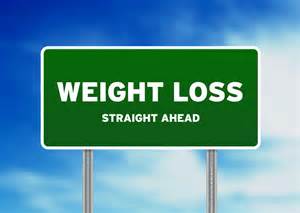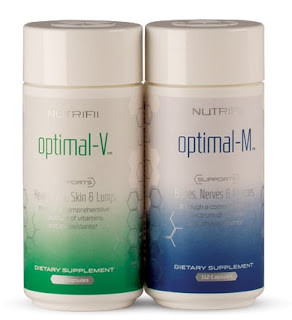Two Essential Nutrients To Fight Menopausal Symptoms
As we age, our body changes. The nutrients required by a
35 year old woman are not the same nutrients required by a 60 year old woman like me! Perimenopausal and menopausal women require some specific
nutrients to maintain optimum health.
And of course, if you are looking for the best supplements, check out the Nutrifii line, especially the Magnical D. Learn more here.
Even if a woman eats a wide variety of healthy foods
during this time, she may still be missing some essential nutrients. The reason
is because her body has shifted and the nutrients she believes she needs may
not address the symptoms of perimenopause or menopause. Let’s take a look at
some symptoms and see how two important nutrients - calcium and vitamin D -
work in tandem to ease those symptoms.
Calcium
A lack of adequate calcium in the body can lead to reduced
bone density. When your body doesn’t get enough calcium, it will take the
calcium from the bones in your body. This can lead to bone loss and,
eventually, osteoporosis.
Other problems, such as restlessness, anxiety, and
disturbed sleep patterns may also be the result of a calcium deficiency. Begin
building your calcium reserves by eating several of these foods daily:
·
Plain yogurt
·
Milk
·
Cottage Cheese
·
Mozzarella Cheese
·
Salmon or Sardines
·
Spinach
·
Collard Greens
·
Broccoli
Of course, along with adding calcium rich foods to your
diet, taking a calcium supplement is an excellent way to ensure you are getting
the right amount. The recommended amount of calcium for perimenopausal and
menopausal women until the age of 55 is 1200 mg per day. After 55, it is often
recommended to boost the dosage to 1500 mg per day. Our body tends to absorb
less calcium as we age. The extra calcium can ease the symptoms of menopause
and protect against bone loss.
Vitamin D
It’s important to know that calcium cannot be absorbed by
the body without vitamin D. It doesn't matter how much calcium you take, if you
don’t pair it with enough vitamin D, the calcium will not be absorbed properly.
Most calcium supplements are now paired with vitamin D, but be sure to look
before you buy.
Along with helping to absorb calcium to maintain bone
health, vitamin D can also combat mood swings, even fighting off depression.
Vitamin D is also known to help with memory and overall cognitive performance.
One of the easiest, and best, ways to get enough vitamin D
is to go outside. Yes! You can get your morning workout with a brisk 15 minute walk AND soak up some vitamin D. The sun works with your body to produce vitamin D through the
skin. Just exposing your skin to sunlight 15 minutes a day will provide your
body with a healthy dose of vitamin D. This is a case where more is not better.
Once you have your 15 minutes, go ahead and lather on the sunscreen to protect
your skin from overexposure. You have had all the sunlight you need.
If you are unable to get outside daily, add extra servings
of milk or yogurt to your diet, along with fatty fish such as salmon or tuna.
If, however, these sources of vitamin D are not readily available to you on a
routine basis, then adding a supplement is a good idea. The recommended daily
allowance of vitamin D is 1000 mg per day.
Your doctor or other health professional will be your best
resource if you have any doubts or questions about how much calcium and vitamin
D you need to maintain optimum health and fight the symptoms of perimenopause
or menopause. Make a list of all the calcium rich and vitamin D rich foods you
eat each day, then sit down and discuss your lifestyle and eating habits with
your doctor or health professional. Adding a supplement may be recommended, and
it may be just the answer you were looking for to relieve those symptoms and
enjoy better health.



Comments
Post a Comment